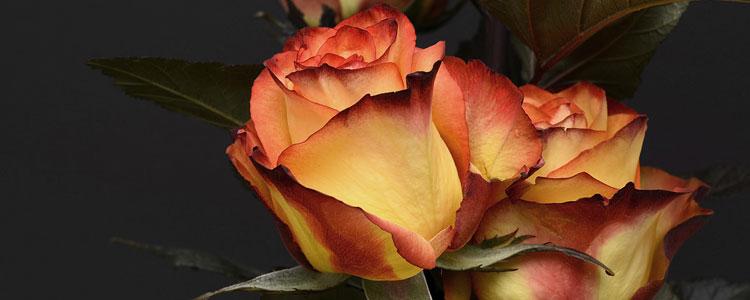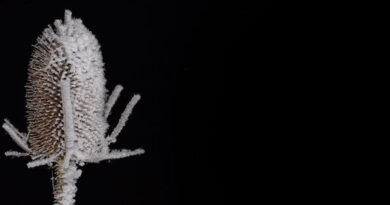Breeding: Glossary – A-Grade Hydroponics

Allele: The gene itself or Allele, trait/s.
Chemotype: Chemotypes are chemically distinct entities, with major differences occurring in secondary metabolites. Minimal genetic variance and little to no epigamic behaviour having no effect on morphology or physiology.
Co-dominant: If two alleles for the same gene are both dominant, they will recombine together producing a varied outcome with successive progeny. This is co-dominance. (i.e. TV)
Dominant: When one allele favours another allele, that allele is said to be dominant. Dominant alleles are represented as uppercase letters (i.e. T)
Genotype: Genotype is the underlying genetic code that results in the phenotype. Genotypes are not expressed, only phenotypes are expressed.
Heterozygosity: An individual with two different alleles for the same gene is heterozygous for that gene. (i.e. Tt)
Homozygosity: Can occur naturally or as a result crossing varieties will carry two identical alleles for the same gene making this variety homozygous for that gene. (i.e. TT)
F1 generation: F stands for Filial, the F1 generation are the offspring of the first parental cross the P1 generation.
F2 generation: F2 generations are the offspring of the F1 generation when back crossed (Bc) with the original parental line.
P generation: The “parental” generation. The parental generation when bred together form true breeding lines known as F1s that always produce the same outcome as the parent as if it was self-pollinated.
Phenotype: Phenotypes carry traits that can be observed on the individual. Phenotypes are determined by the genotype.
R1 generation: R stands for reversal, the R1 generation is formed via inter-sexing and/or inbreeding, using this technique completely removes the male role.
Recessive: When one allele suppresses a dominant allele, the dominated allele is said to be recessive. Recessive alleles are represented with lowercase letters (i.e. t)
S1 generation: S stands for self-pollinated, the S1 generation is another true breeding generation whereby a particular filial generation is self-pollinated to form a new parental line and then outbred into another line which brings rise to a new variety.
Next week we will discuss plant pedigrees and provide terms that go hand in hand with what we just read today.
Thanks for reading! – J
#growwithus




